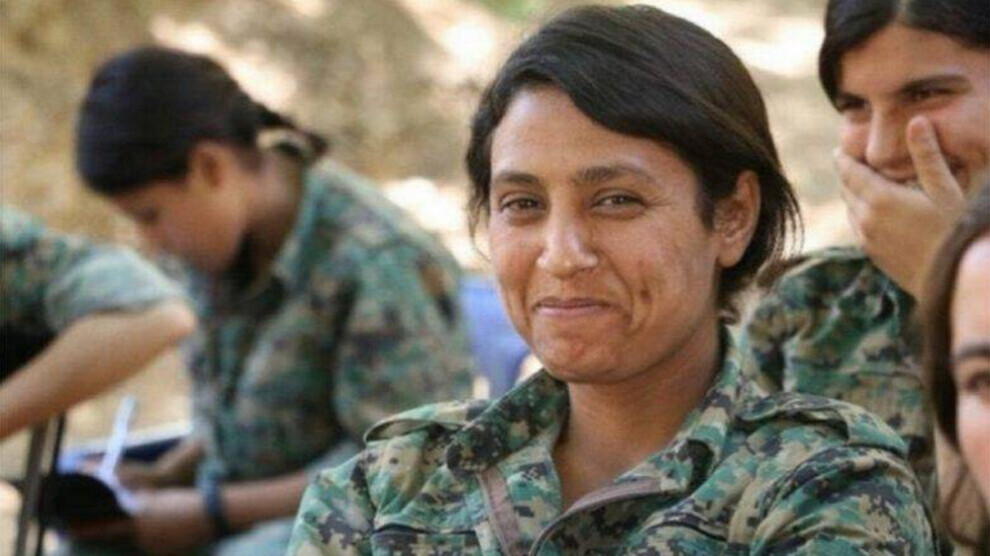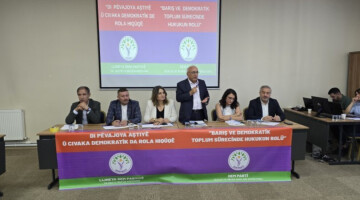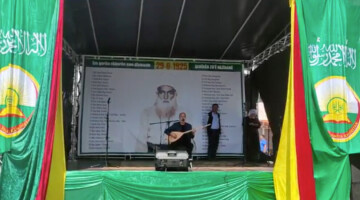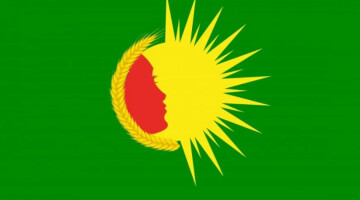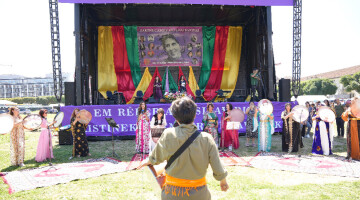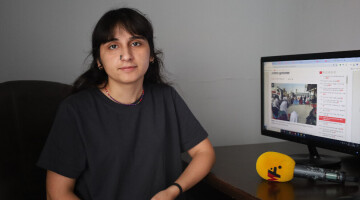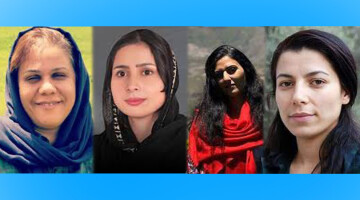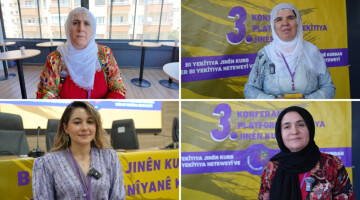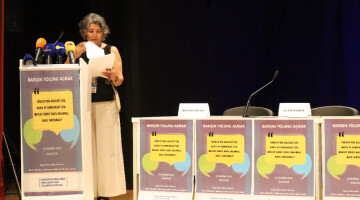The heroism of the Kurdish woman, her struggle for freedom and the leading role she played in the Rojava Revolution inspired Mauritanian writer Mihemed Elemin's writing and stories. Elemin, one of the young writers of Mauritania, recently wrote about the Kurdish woman fighter Barîn Kobanê, who was martyred in the ranks of the YPJ, in al Watan, one of her country's daily newspapers.
Elemin told ANF why he wrote Barîn Kobanê, one of the women who led the resistance during the Turkish state's occupation of Afrin, and how he met the Kurdish people's struggle for freedom and the Rojava Revolution.
Stating that he heard about the Rojava Revolution for the first time from a friend and later did research on this subject, Elemin said: “I read almost everything I could get from the press articles on the Kurdish Freedom Struggle, the Rojava Revolution and the heroism of Kurdish women to learn more about it.”
Öcalan’s ideas impressed me
Elemin said that he was introduced to the philosophy of Kurdish people's leader Abdullah Öcalan and was influenced by his ideas. He continued: “I started to follow the publications of the Kurdish news agencies and the Kurdish Freedom Movement and learned about Kurdish history. In this process, the heroism of Kurdish women especially caught my attention.”
Elemin said: “Despite all kinds of oppression and persecution, the awakening of Kurdish women and the leading of such a revolution certainly affected not only me, but everyone. In my opinion, Kurdish women are an inspiration to all women in the world who want to be free.”
Writer Elemin, who stated that he wanted to visit Rojava Kurdistan and see the effects of the revolution and the change of the people, said the following about the article he wrote about the martyr Barîn Kobanê: “Kurdish women have become the symbol of resistance, freedom and beauty in the world. They are my own inspiration when I write. When I wrote the story of Martyr Barîn, I felt like I was living among the people of Rojava. Everyone who read that story and got to know martyr Barîn was also curious about the Rojava Revolution.”

